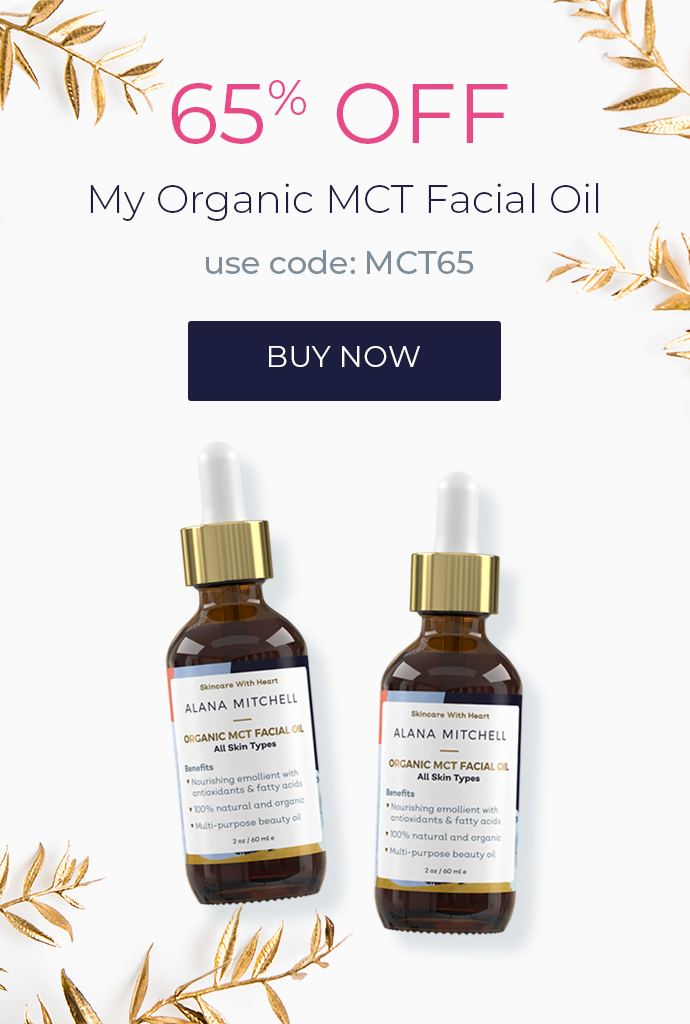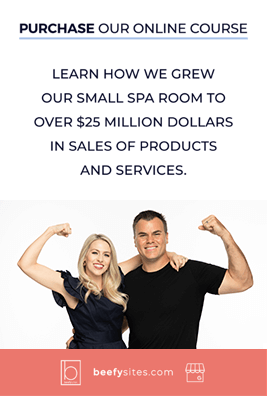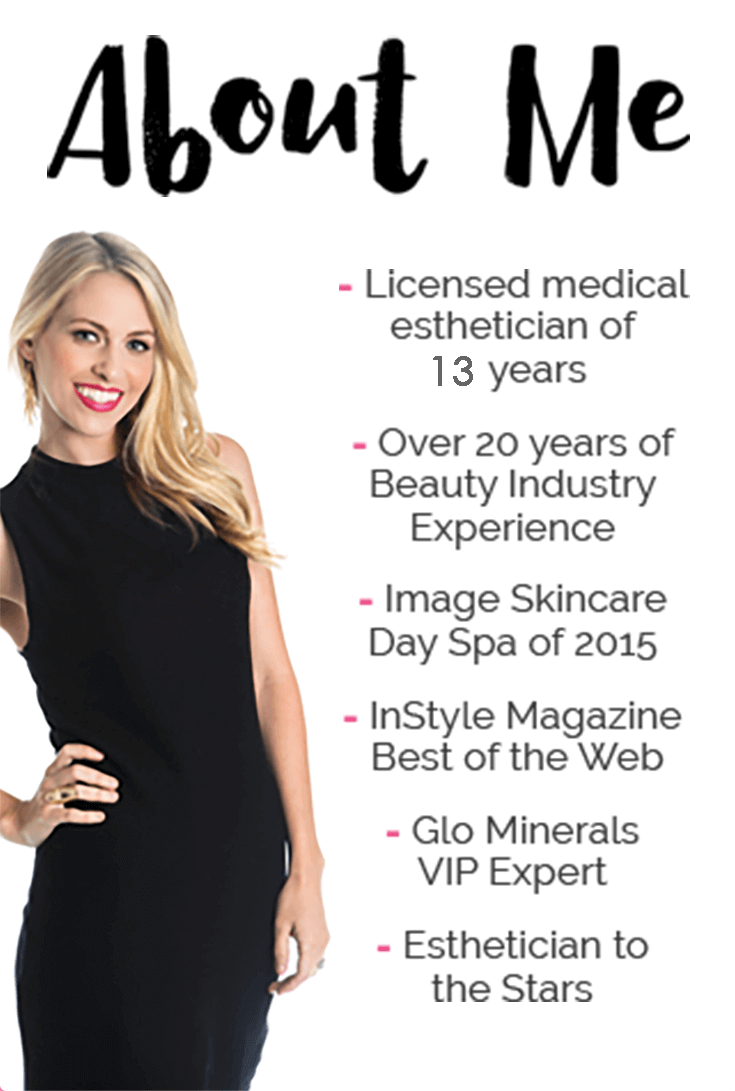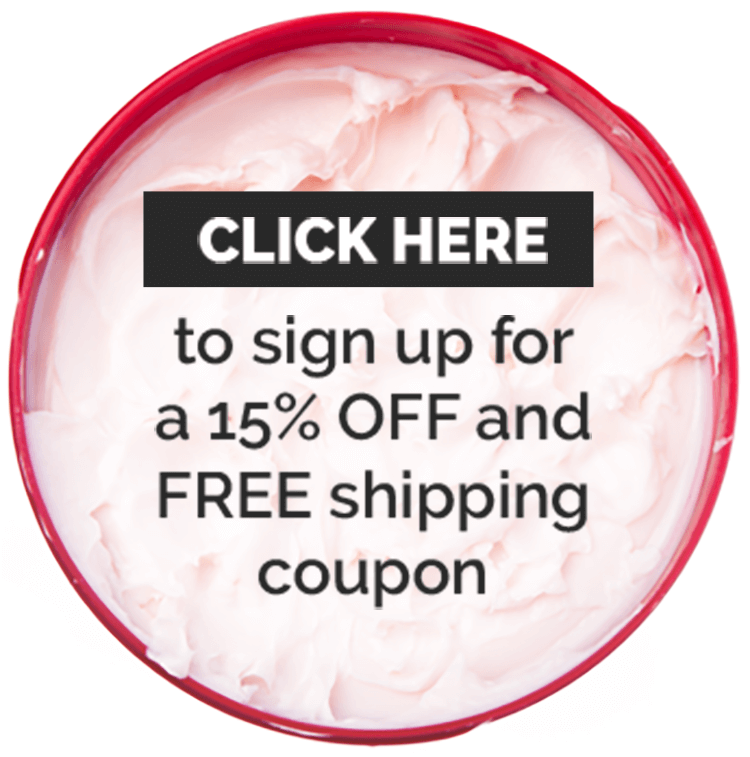What Should You Be Using In Your Skin Care Routine?
Take my quiz and get personalized recommendations from a
licensed esthetician!
Is Fake News a Bigger Problem Than We Thought?
Hi, friends!
With the start of 2018, I’m sure you’ve seen at least a couple of 2017 recap videos or posts.
“Fake news” and “alternative facts” were big topics last year, and we won’t stop hearing about them anytime soon.

Facebook, in particular, has come under fire for the content it shows users.
Executives from the company, as well as from Twitter and Google, recently went in front of Congress to answer questions about the spread of misinformation during the 2016 presidential election.
Different strategies are currently being implemented to combat the spread of false stories.
But, did you know that fake news also happens in the beauty industry, too?!
This is because it’s SO easy to spread misleading info on the Internet (no surprise there).

Skincare Ingredients & Trends
“Experts” claim that ingredients, like coconut oil, can fix any or all of your skin concerns.
We’ve seen this kind of rhetoric with beauty supplements, too.
While these do have certain benefits, many people immediately incorporate these recommendations into their routine without considering the repercussions.
This isn’t the only area of concern.
Selfie Culture
Vloggers and Instagram models have millions of followers that they influence (which isn’t inherently a bad thing).
Now, I love social media, but it’s important to remember that we’re seeing what the original poster wants us to see - not necessarily a direct snapshot of reality.
Photo editing and selfie apps still continue to grow in popularity.
This can lead us to have unrealistic expectations and hurt our self-confidence.
Marketing Tactics
Additionally, marketing and advertisements tell consumers to steer clear of products with “toxins” and instead buy from “green” brands that are “natural.”
Even sunscreens have come under scrutiny for potential “cancer-causing ingredients.”
However, chemicals and preservatives aren’t all bad!
They keep your favorite products fresh and prevent mold and bacteria from growing, for example.
The odds are that your sunscreen WON’T give you cancer, and in my opinion, the benefits of using it outweigh the risks.
Faux Products
Fake cosmetics (AKA knockoffs) are a big problem, too.
Kylie Jenner, Jeffree Star, and M.A.C. have all had to deal with counterfeit products.
When purchasing from Amazon or eBay, be careful.
Only purchase from reputable storefronts or authorized retailers (i.e. Sephora, Ulta, or Target).
Products that look legit can actually be made with heavy chemicals in unsanitary conditions.

Final Thoughts
There’s a lot of false news and just straight-up lies out there!
So, what can we do?
My number one rule is to do your research.
If I’m reading a story, I find at least two other articles that cover the same topic.
That way I can get multiple angles and fact-check.
Ask yourself: Is the website reputable? Does something look “off”?
If something looks or feels weird, chances are it’s fake.
As for skincare trends and products, reading online reviews and scientific research studies helps, too.
Friends, what’s your opinion on fake news? Have you seen it in the beauty industry? How do you combat it? Let me know in the comments!
Top Brands
New Brands
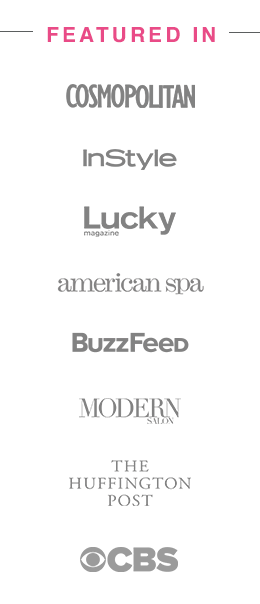
Recent Posts

Are You Taking the Right Steps to Care for Your Skin?
Take the Quiz
Skincare Secrets!
10-step guide for healthy, beautiful skin after kids.
100% privacy. I will never spam you!


